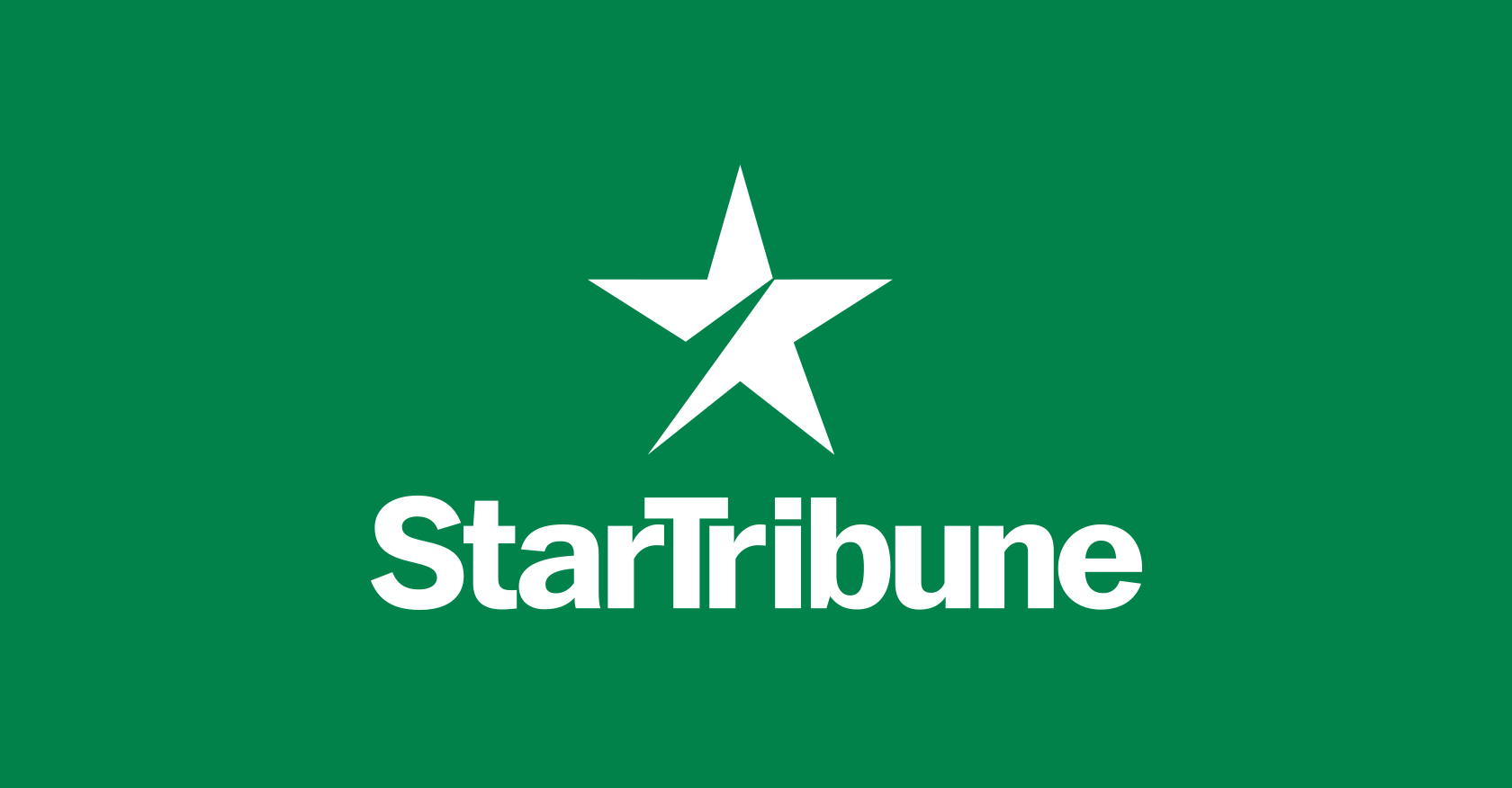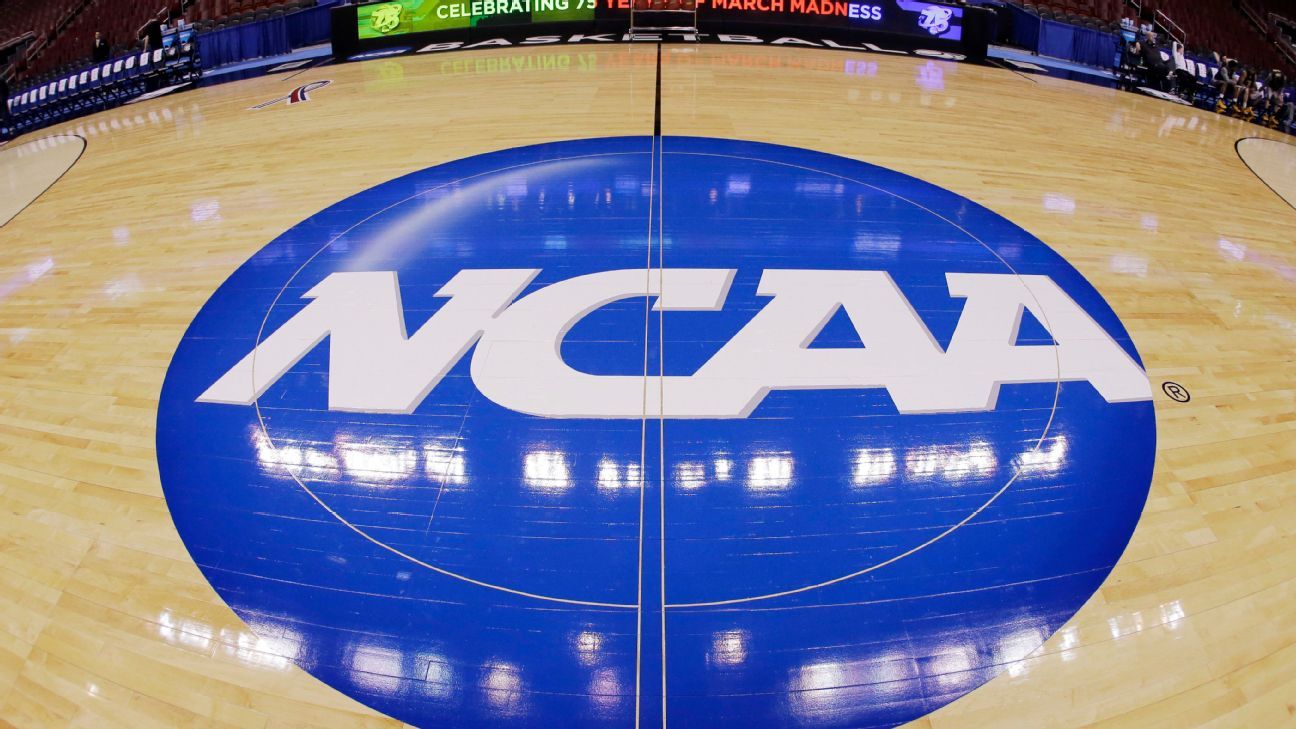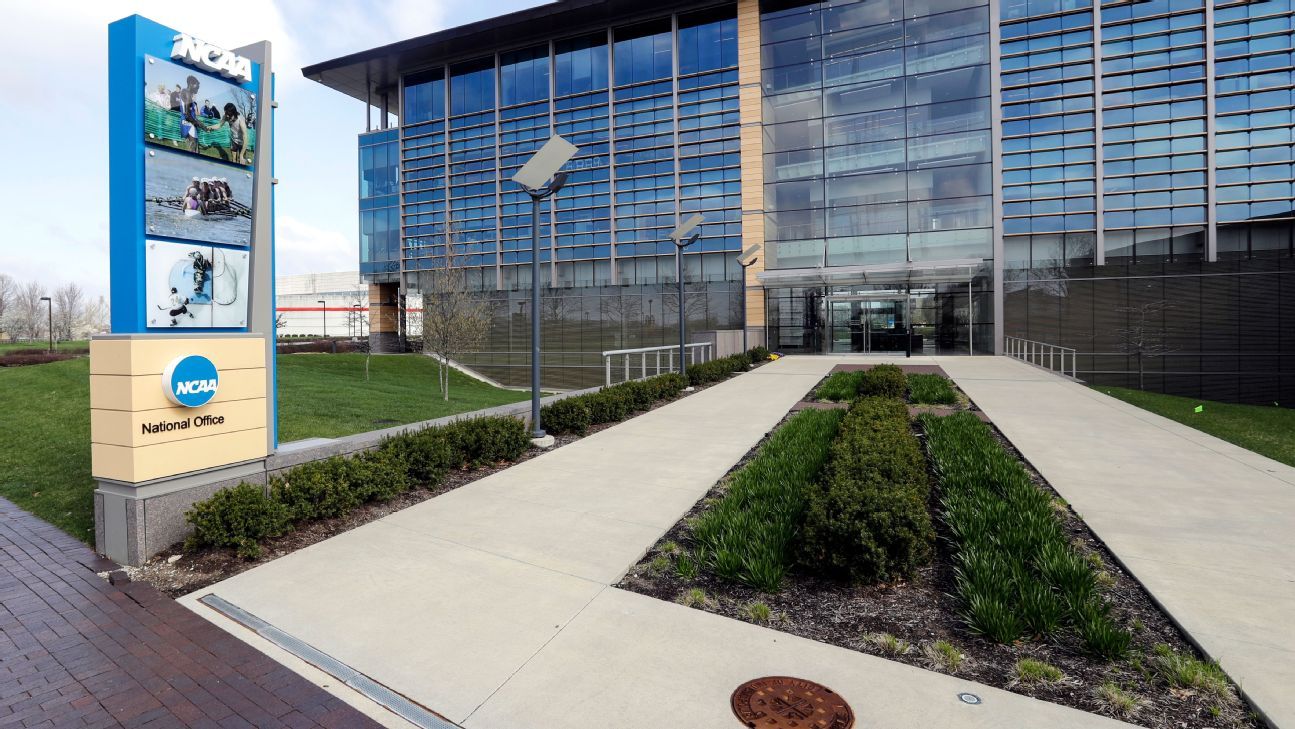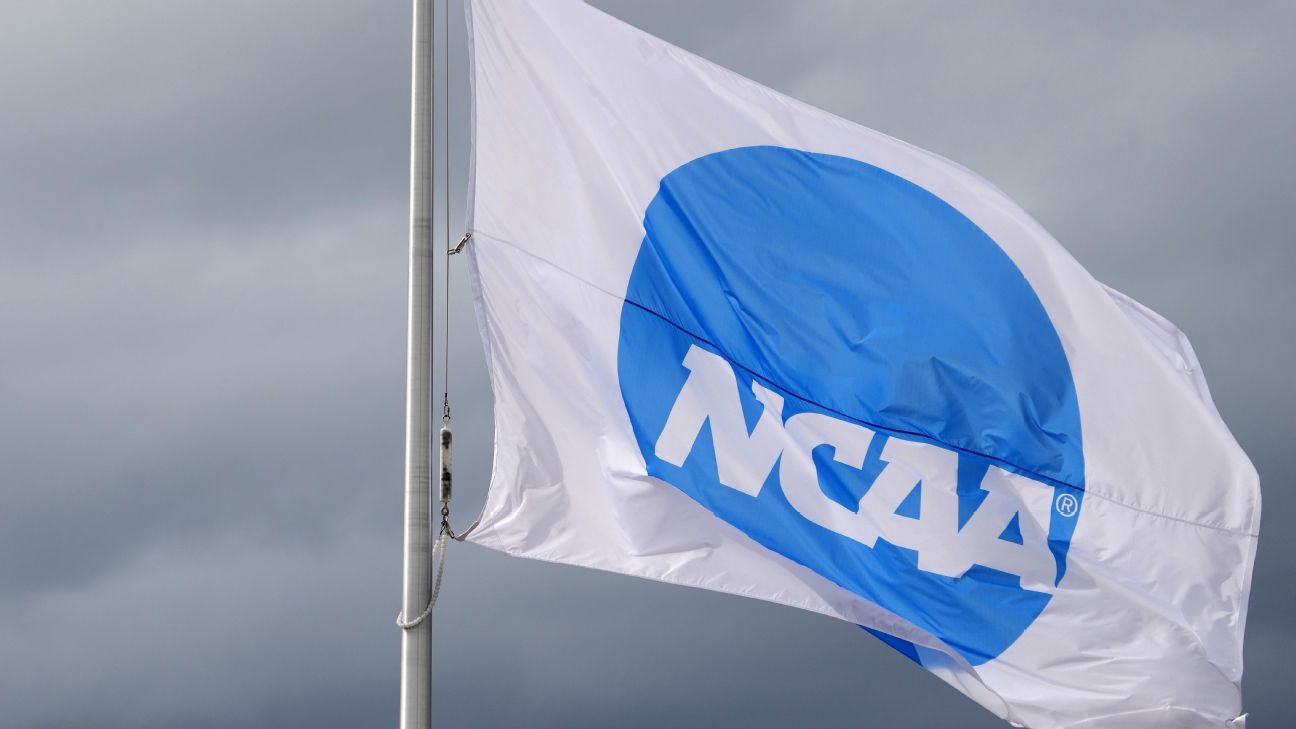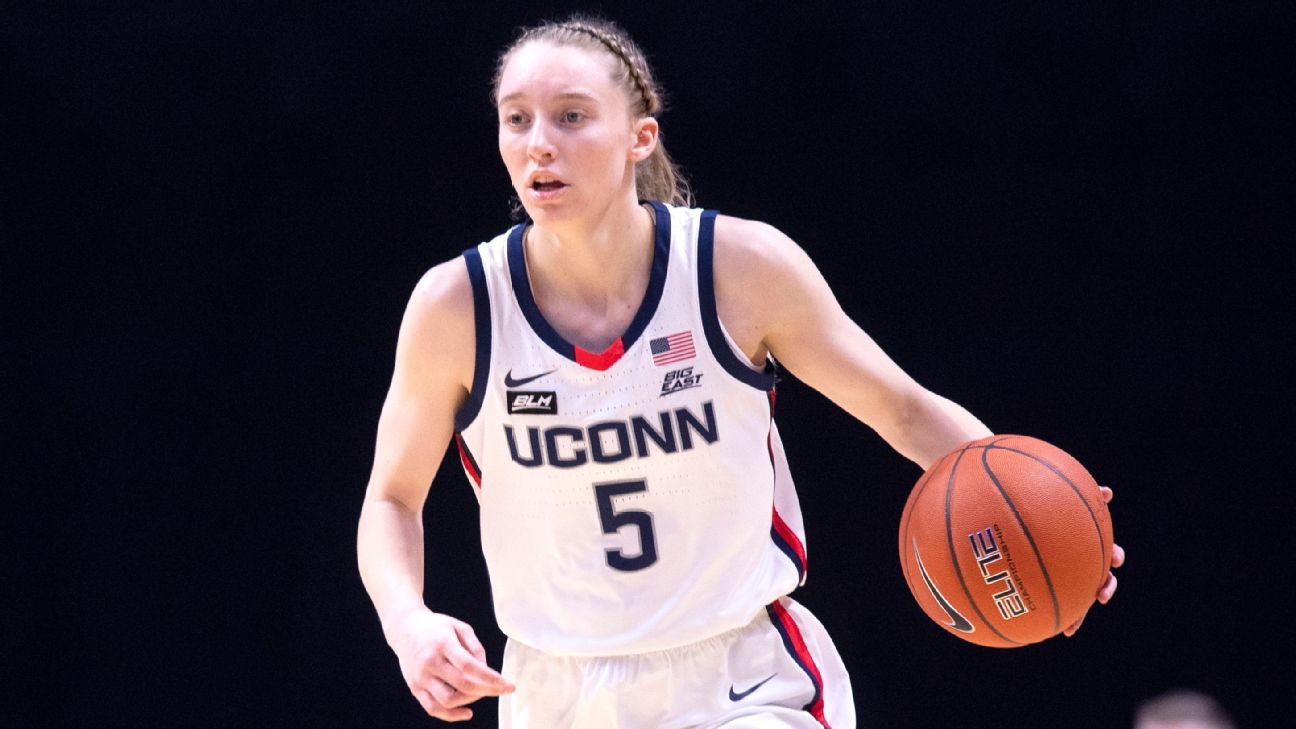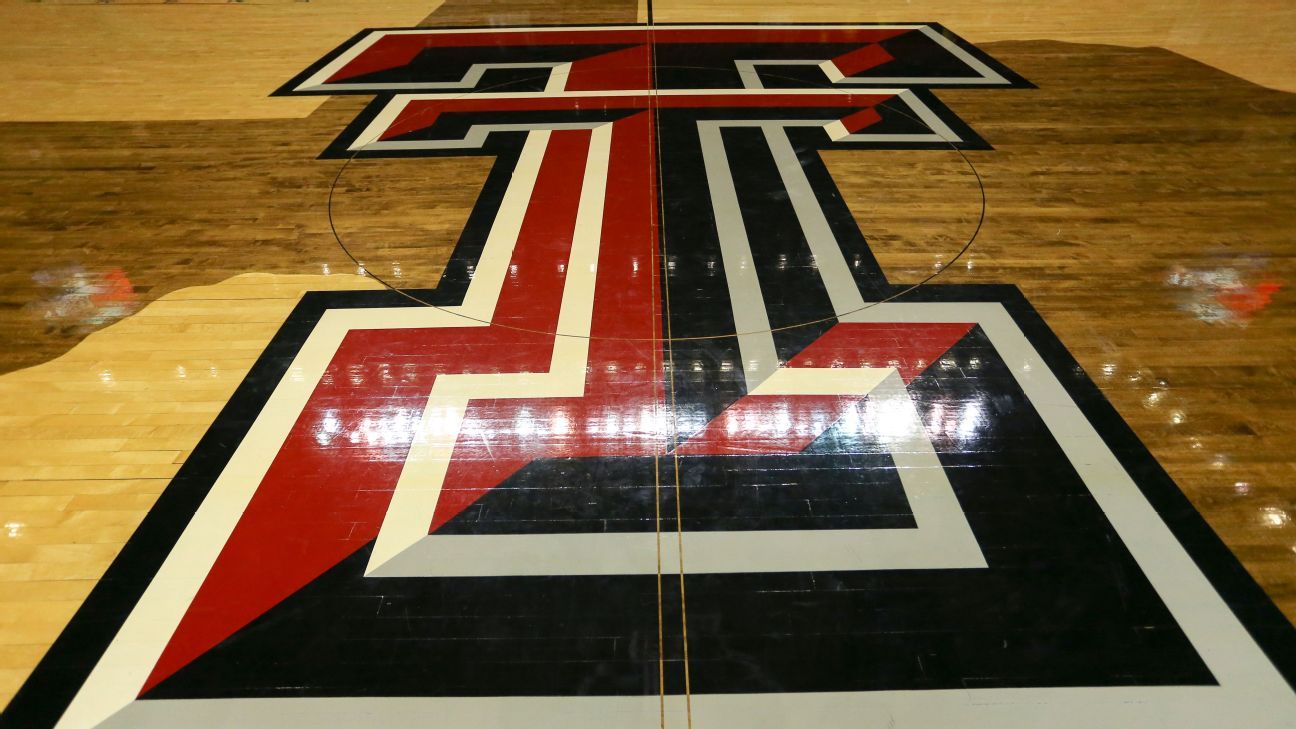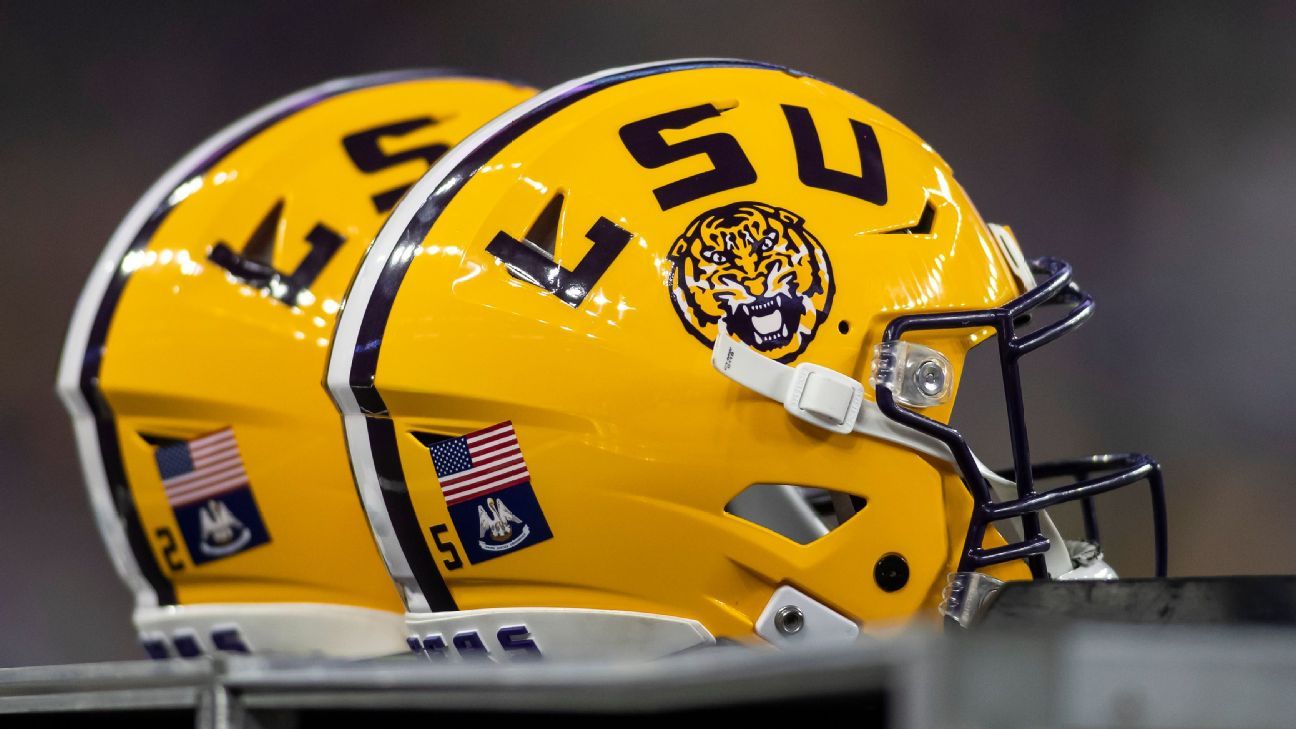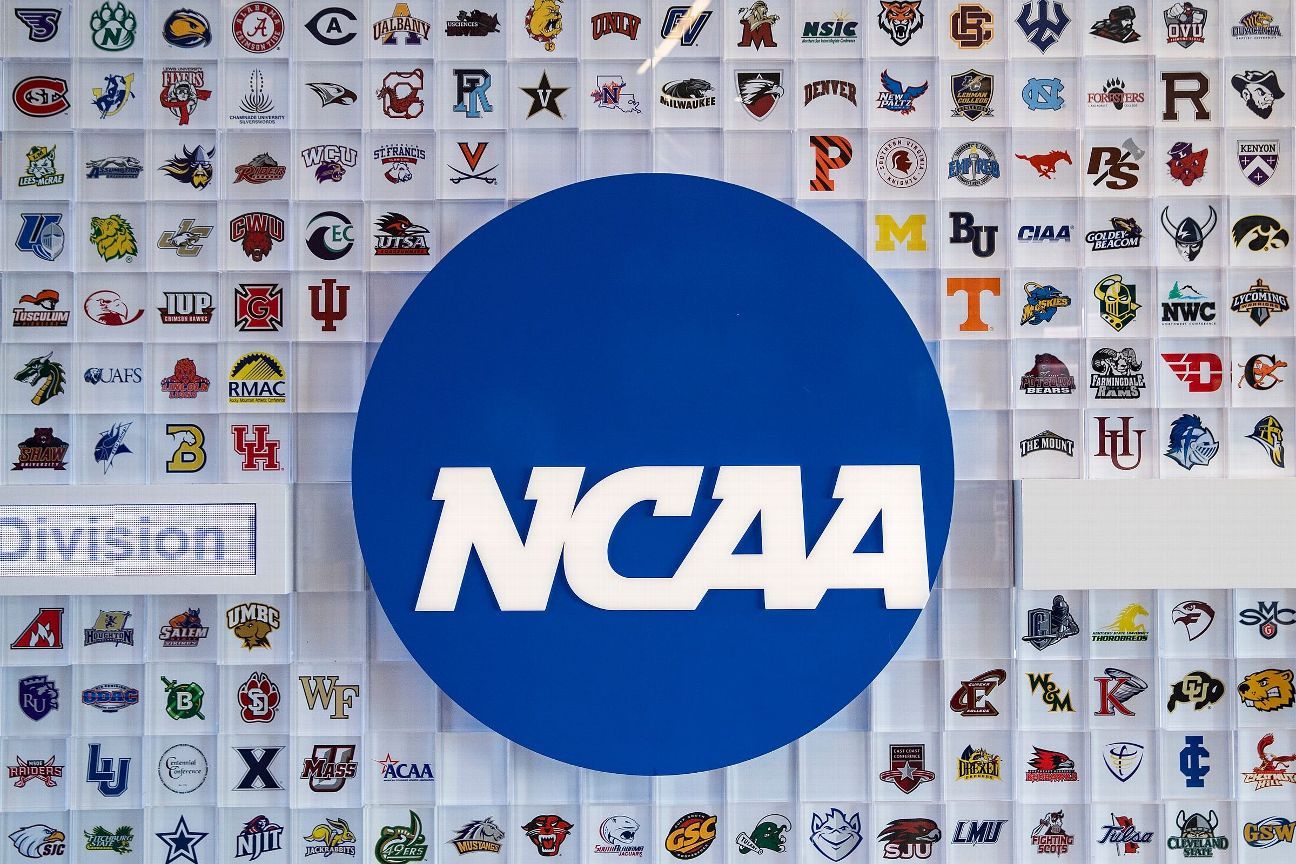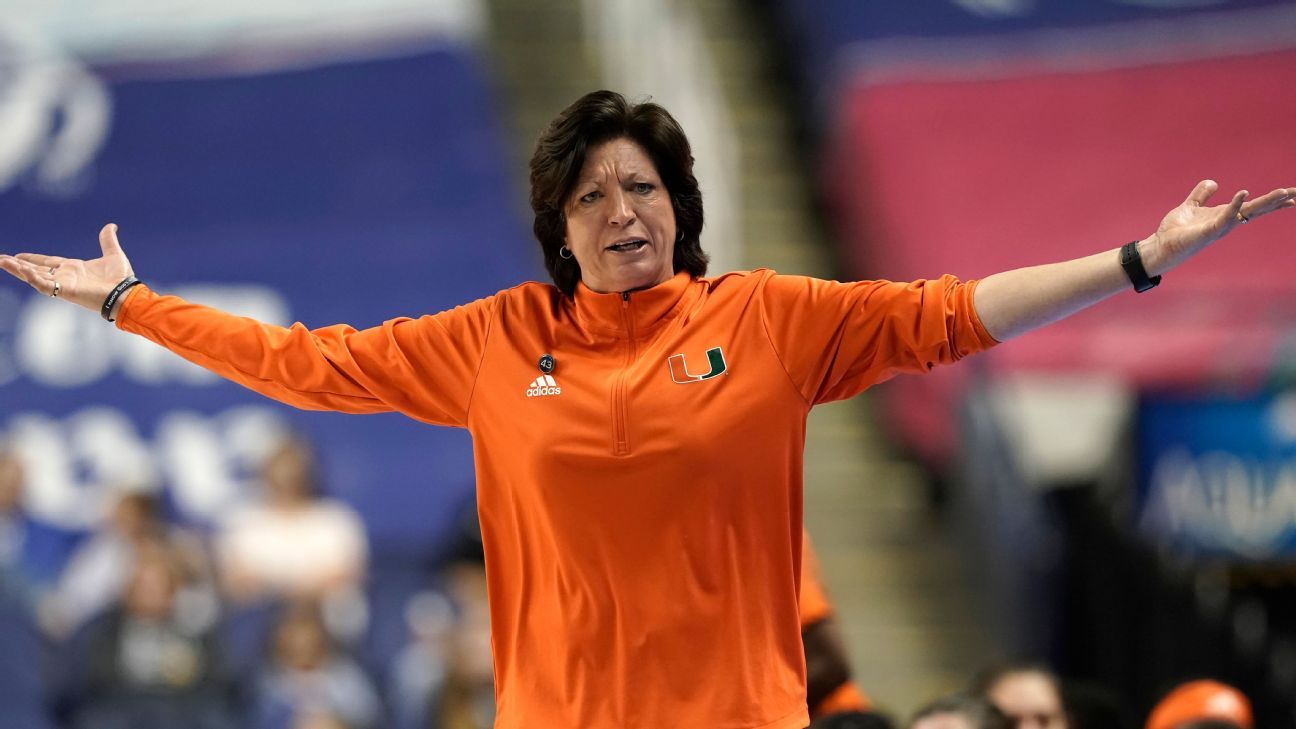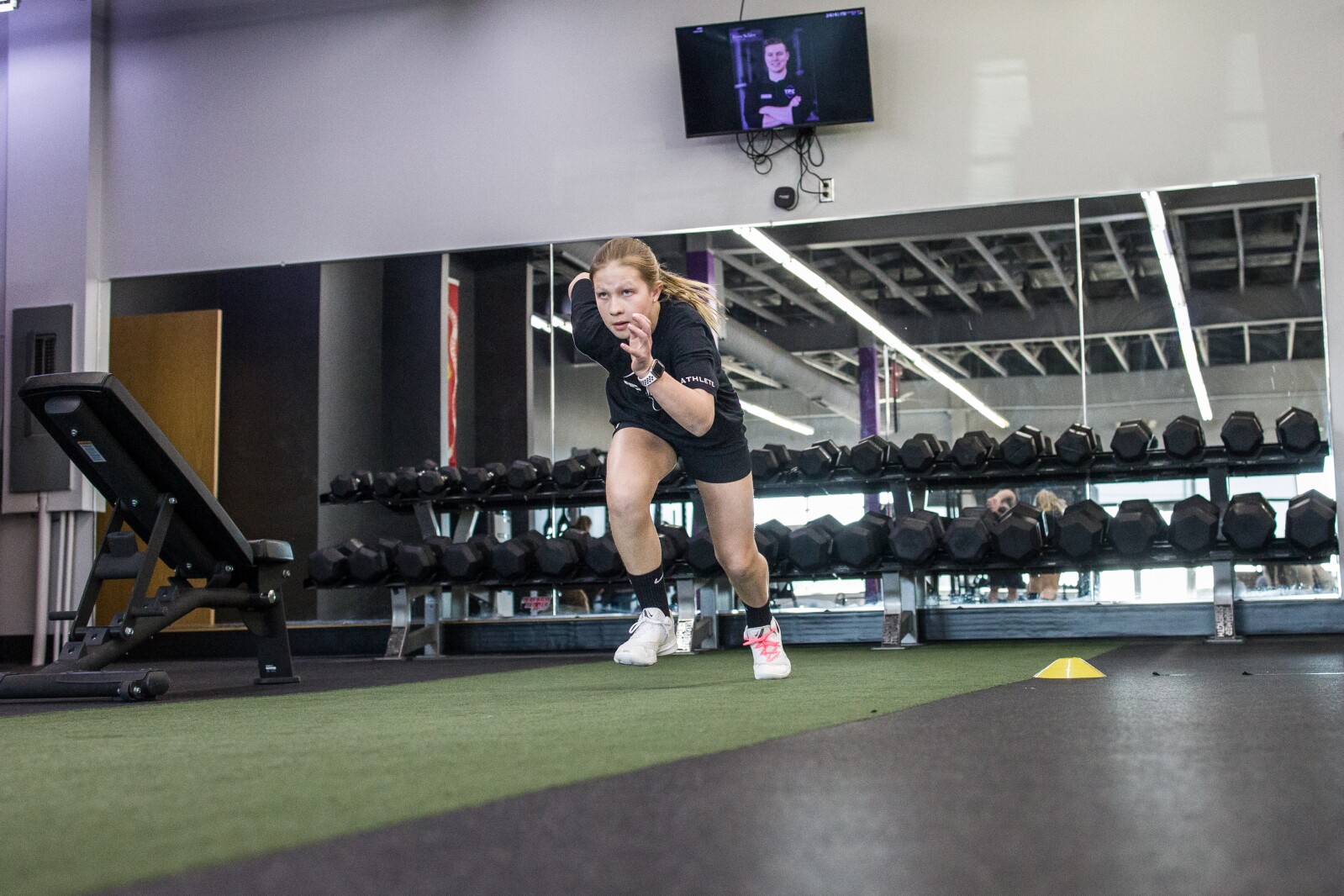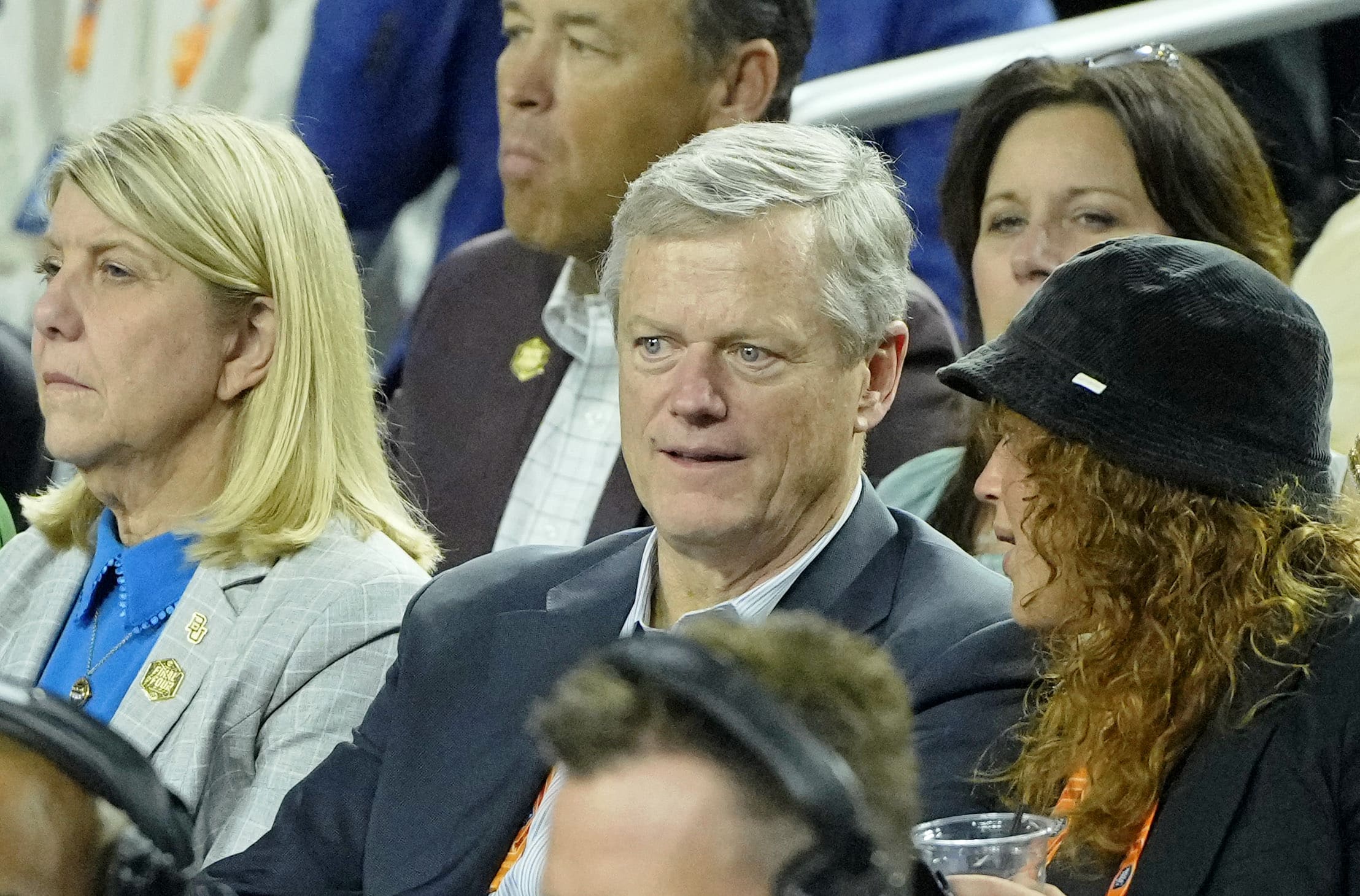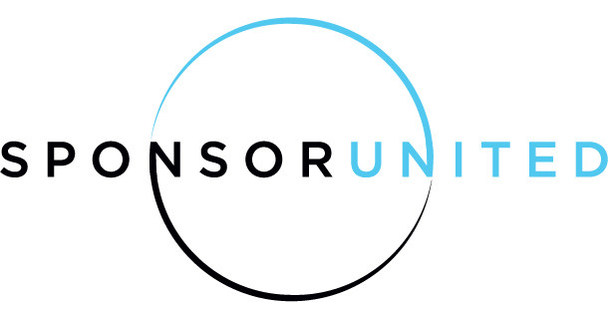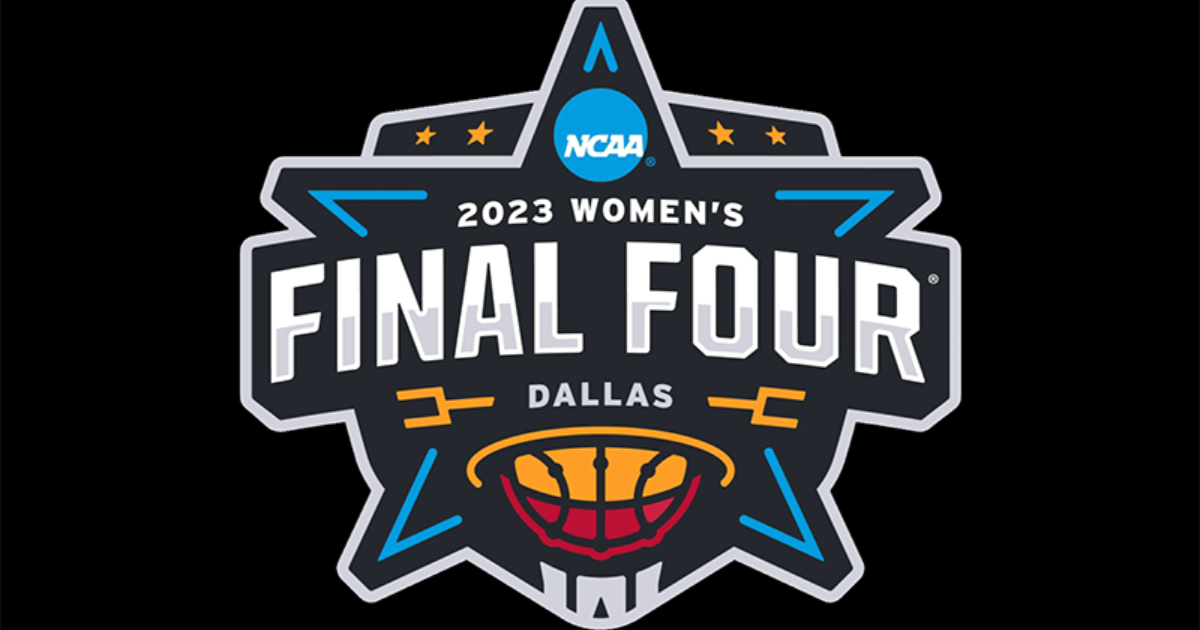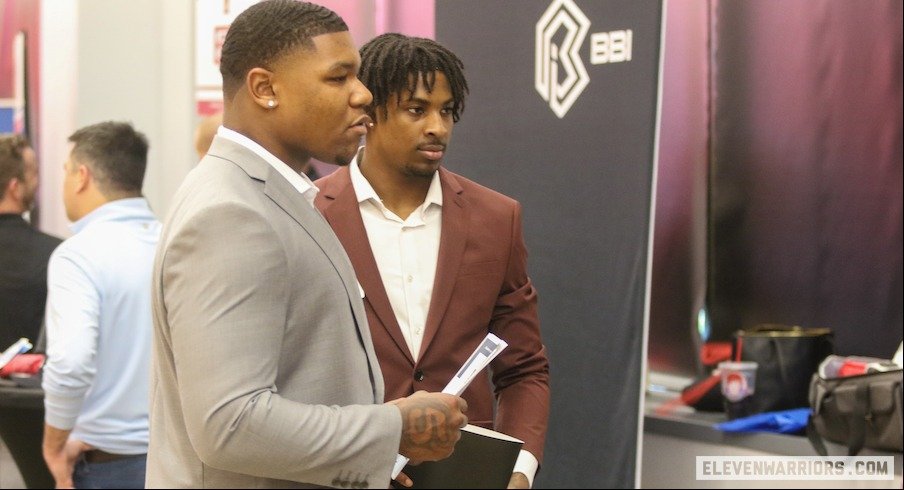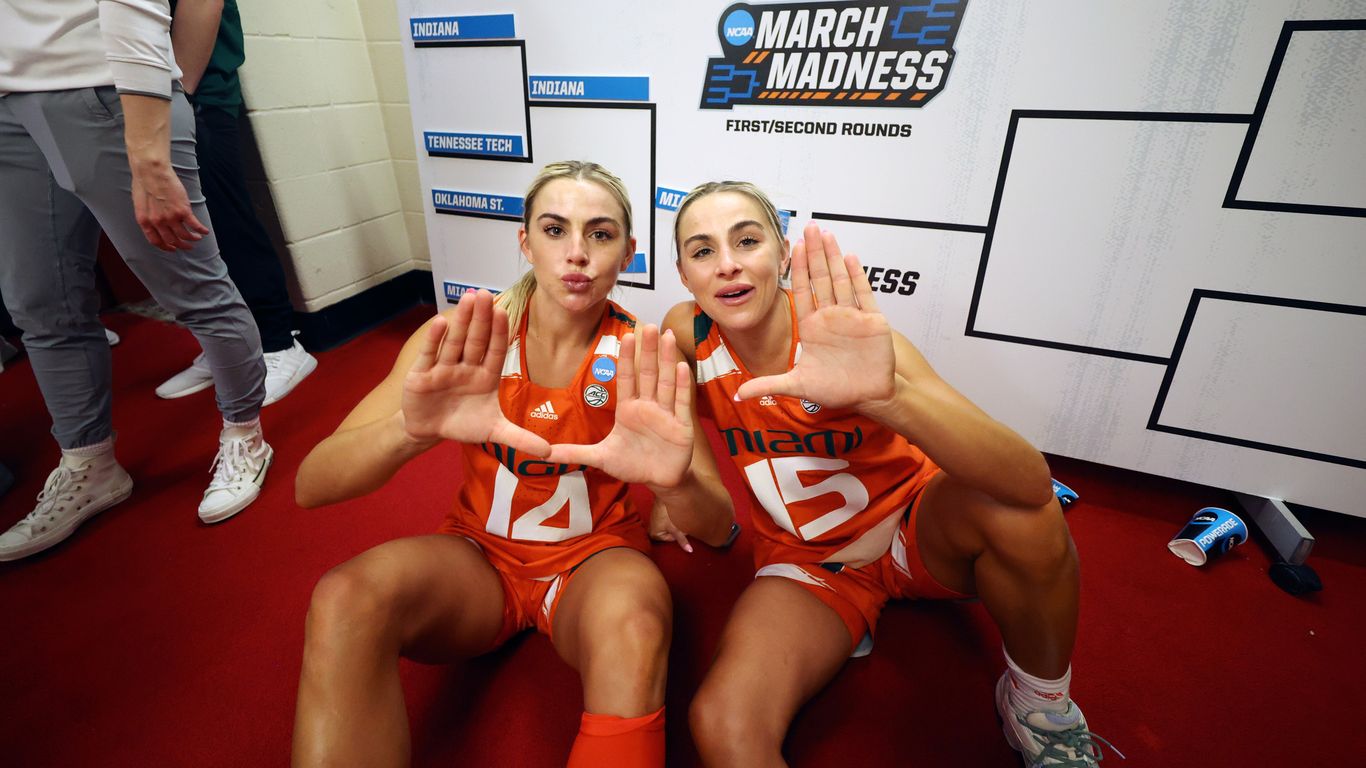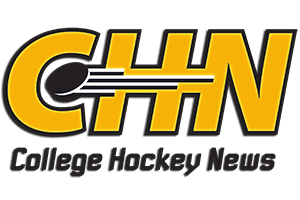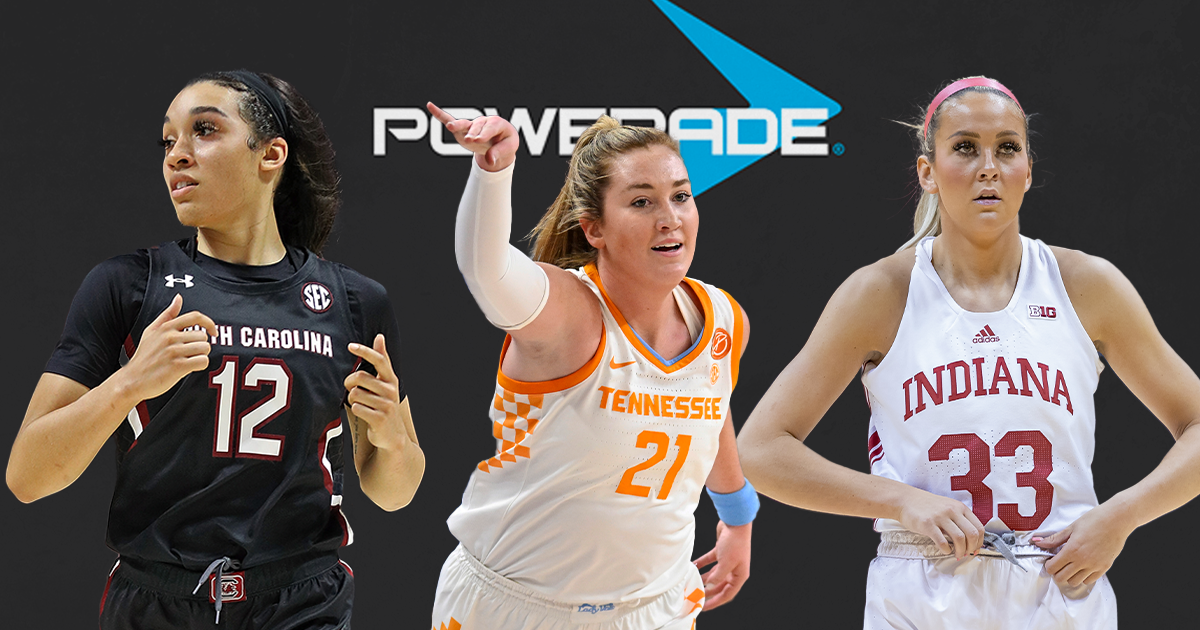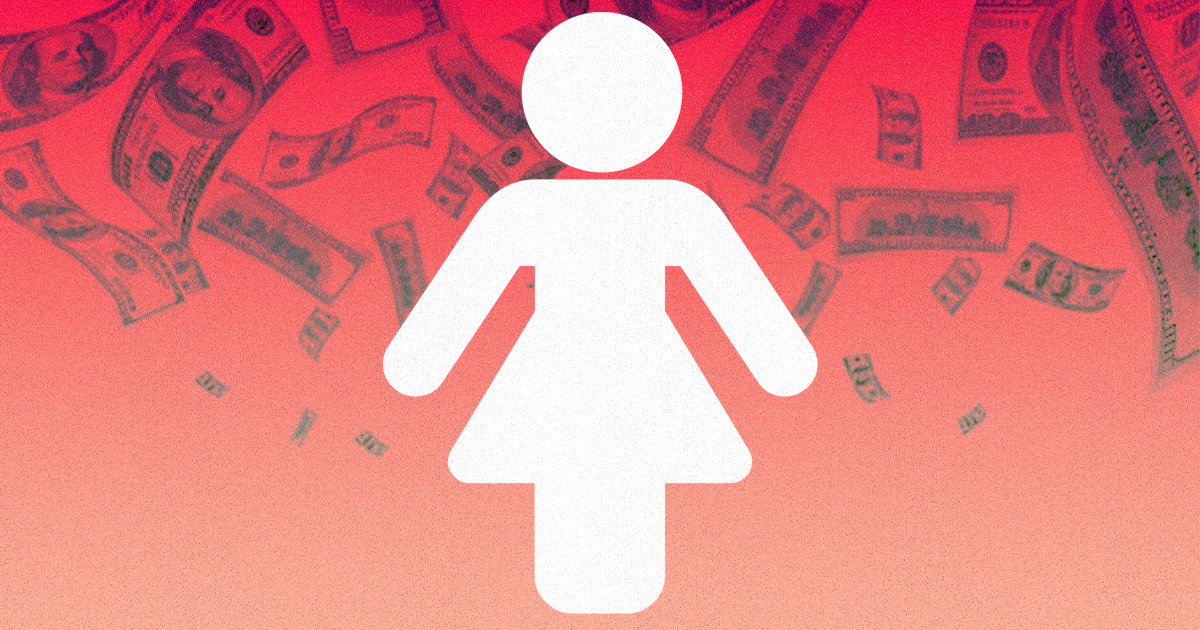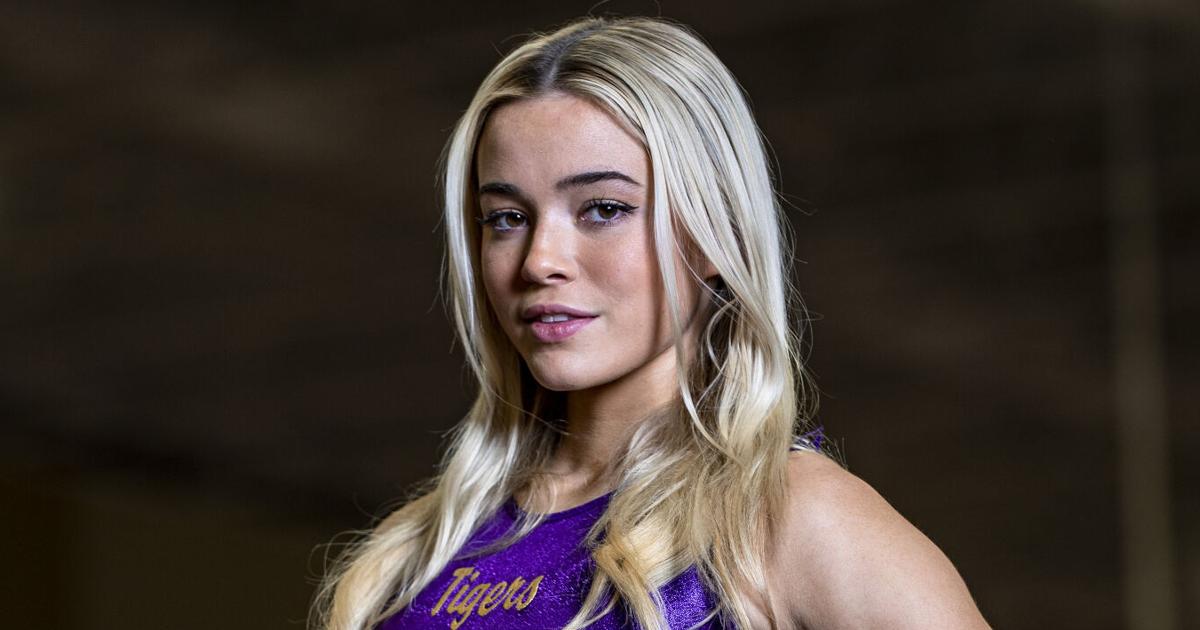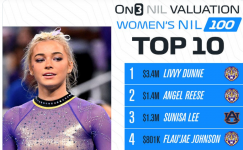Ignatius L Hoops
Well-known member
- Joined
- Sep 9, 2015
- Messages
- 10,942
- Reaction score
- 3,785
- Points
- 113
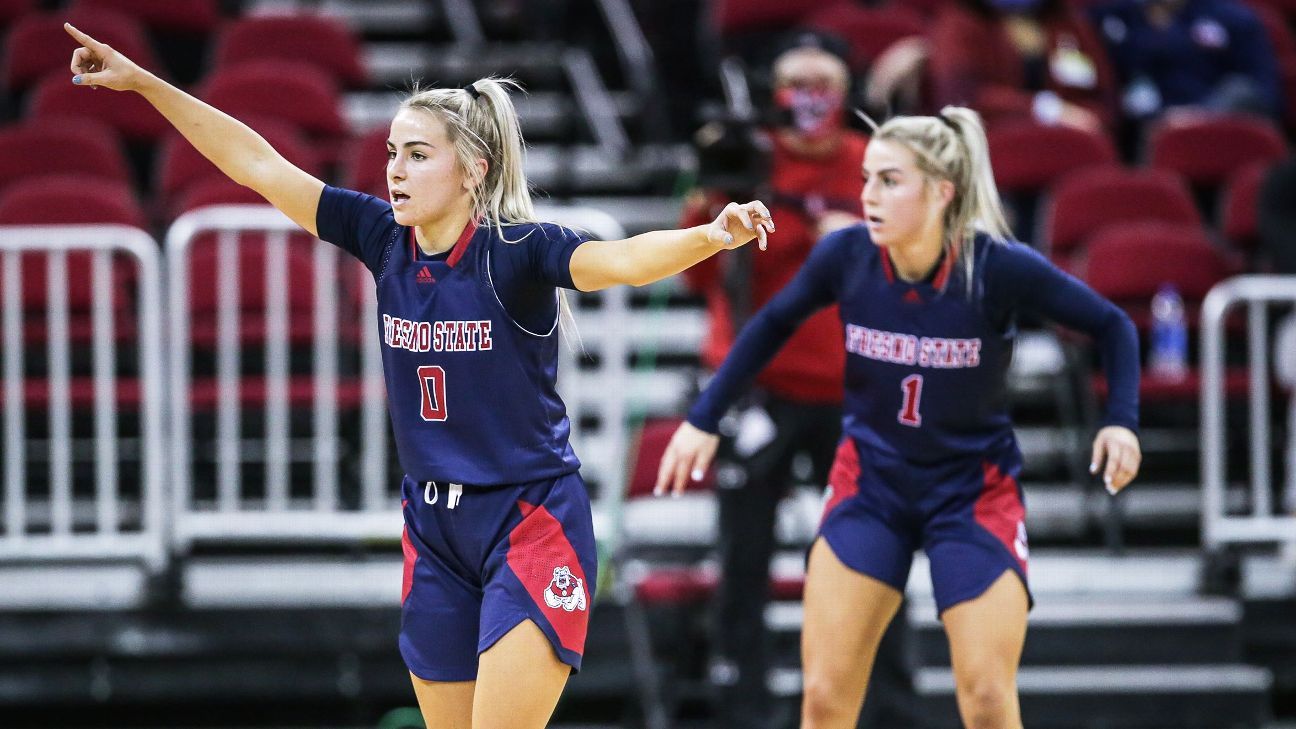
How athletes with large social media followings could be the real winners in NIL changes
A new era of NIL rights is coming as soon as this summer, and it won't be just the Heisman finalists or March Madness heroes cashing in.
Good story on the potential of NCAA NIL changes to impact college athletes with a focus on the earning power of female athletes.
Hanna Cavinder is standing on a folding chair in the Fresno State locker room with her twin sister, Haley, on the floor. Both are wearing Bulldogs women's basketball jerseys. The music kicks in. For 12 seconds, they dance to TisaKorean's song "LSD," which is, ostensibly, about breakfast cereal. It's a little locker room silliness.
On TikTok, the video has more than a million views.
Nearly every day, there's a new post of the twins dancing, lip-syncing, dribbling or shooting, and each one has been seen by hundreds of thousands.
The twins aren't household names among women's college basketball fans nor do they play for a blueblood program, but their exploding popularity on social media -- they have 2.7 million followers on TikTok -- has made them stars well beyond their sport. They're the leading scorers for Fresno State, but as the NCAA moves toward allowing athletes to profit from endorsement deals, it's follower counts, not stat lines, that could translate to serious money.
"The Cavinder twins collectively," said Blake Lawrence, CEO of the marketing firm Opendorse, "have almost as big of an influence in terms of value as Trevor Lawrence."
The NCAA currently restricts athletes from profiting from endorsements, but a new era of name, image and likeness (NIL) rights is coming as soon as this summer, and it won't be just the Heisman finalists or March Madness heroes cashing in. The Cavinder sisters offer just one example of a growing group of predominantly female athletes whose social media fame and marketability eclipses their athletic stardom.
The twins could have a potential combined income of more than a half-million dollars annually thanks to their massive online following, according to Opendorse -- and they're not alone. From volleyball player Lexi Sun, the most followed athlete at football-crazed Nebraska, to Olivia Dunne, a freshman gymnast at LSU, whose nearly 5 million combined followers on Instagram, Twitter and TikTok make her one of the most potentially valuable brands in college sports, women are countering the persistent narrative that star athletes from the big-time men's sports stand to gain the most from the coming changes.
In fact, of the 30 most-followed college athletes, according to Opendorse's tracking, only 16 come from the revenue sports of football and men's basketball, while more than one-third of the list is made up by women. A new study from Temple University suggests women and athletes in non-revenue sports like rowing or volleyball would have, on average, about the same earning power as those playing football or basketball.
The potential for athletes like Dunne or the Cavinder sisters to earn significant money from NIL isn't simply theoretical, either. At the NAIA level, athletes are already profiting from a broad expansion of NIL rights, including Aquinas volleyball player Chloe Mitchell, who turned a home DIY project into an online brand.
At Fresno State, the Cavinders haven't given much thought to a future in professional basketball, but they're keenly aware of the lucrative future NIL could provide.
"We have companies contacting us every single day," said Haley Cavinder, who on Sunday was named the Mountain West Conference women's basketball player of the year. "It's crazy to think we could make a living out of this."
The NCAA has historically avoided allowing direct payments to athletes for endorsements, but dozens of states have recently begun to consider forcing the NCAA's hand through legislation, including a Florida law set to go into effect this summer allowing college athletes in that state to profit from their name, image and likeness. The NCAA hopes to create its own broad rules for NIL rather than deferring to individual states, but in January, it punted on delivering specifics, choosing instead to wait on a ruling from the U.S. Supreme Court on an antitrust suit aimed at giving NIL rights to athletes. (The Supreme Court is expected to hear testimony in March with a ruling anticipated this summer.) Meanwhile, the federal government is also discussing possible legislation that could open the floodgates for endorsement deals nationwide.
NCAA officials, athletic directors and coaches have all offered varying arguments against NIL reform, including concerns about the potential for internal strife between athletes earning significant money and those who don't, schools subverting the intent of the rules to gain an advantage in recruiting, and individual NIL revenue coming at the expense of donations that might have gone to the school itself. One of the NCAA's primary arguments has been that NIL would shift revenue the school currently distributes to sports with lesser followings and instead funnel money only to high-profile athletes.
But Mitchell, the NAIA volleyball player, said she's already seen the future, and NIL has only helped bring more attention to her, her teammates and Aquinas volleyball.
When the pandemic cut short Mitchell's senior year of high school, she joined so many other bored do-it-yourselfers by trying her hand at a little renovation work on a shed in her parents' backyard in Michigan, tracking her progress on TikTok. The videos caught on, and her audience soon ballooned to more than 2 million followers.
Companies quickly took notice, and last June, Mitchell partnered with a tech company called Smart Cups, which sponsored a series of videos in which she created a bonfire lounge in her parents' backyard. The partnership was a hit, and more ads followed.
Still, the whole endeavor might have ended as quickly as it began. As she entered college, Mitchell planned to play volleyball, and existing rules would have prevented her from earning any revenue from endorsements. But Mitchell arrived at Aquinas at the perfect time. Last October, the NAIA revised its rules on NIL, and in December, she became the first athlete to profit from an endorsement, a demonstration of golf clubs on a mini-golf course she'd built for her dad inside their home.
"It's the American way to be able to leverage your gifts and your talents," Mitchell said. "I couldn't be more excited to be an NAIA athlete, because we beat the NCAA to the punch."
When the NCAA adopts NIL rights, which appears inevitable, it's possible some top-tier athletes could earn more than $1 million annually in endorsement deals, said Casey Schwab, CEO of Altius Sports Partners, a consulting firm focused on NIL legislation for athletes, coaches and schools, adding that the benefits won't be limited to big-sport superstars.
A new study from Temple University's School of Sport, Tourism and Hospitality Management found the potential for NIL revenue, on average, was actually greater for female college athletes than men, and athletes outside the revenue sports of football and men's basketball could still cultivate valuable brands.
"[College athletes] are really engaging a specific and targeted audience from a demographic perspective," said Dr. Thilo Kunkel, the author of the Temple study. "They're becoming really effective endorsers -- and maybe it's not the next national shampoo commercial, but it's companies more focused on getting their brand out there and connecting with an audience."
Kunkel's study showed that athletes outside the revenue sports of football and men's basketball could still earn about $5,000 per year with just 10,000 followers on various social media platforms. Engagement is critical, so the value would depend more on content and frequency of new posts than actual on-field accomplishments.
Even athletes with smaller social media followings would still have some value, Schwab said. He calls this the "in kind" group, athletes who might be able to snag a few free pizzas at a local restaurant in exchange for posting a photo with the owner to Twitter.
With 3.7 million followers on TikTok and a million more on Instagram, Dunne, the LSU gymnast, has cultivated the second-largest online following of any current college athlete, according to Opendorse's tracking (Shaquille O'Neal's son Shareef is No. 1), but for now, that hasn't translated to a single dollar of revenue, and each day the NCAA delays in moving NIL reform forward costs her money. And unlike stars in football and men's basketball who'll typically earn millions in endorsements in the pros, the peak earning years for many athletes outside the revenue sports come during college.
"Social media opportunities are definitely time-sensitive," she said. "There's no professional sports for gymnastics, so I want to be making money while I can, right? I feel like [male athletes] have a different opportunity than I do, so it's a bit unfair."
Schools are anxiously awaiting details on how NIL reform will ultimately look, but many are taking a proactive approach in getting their athletes ready for inevitable changes by consulting with outside companies like Opendorse and Altius, hoping to be ahead of the curve when the new rules pass.
Dunne was part of a recent panel discussion with fellow LSU student-athletes on NIL, but she's still far from an expert. Her approach to her posts is all about fun and engagement, but if she could cash in on all those posts, the job gets a lot more complicated.
Opendorse offers advice on designing content for social media, using data to explain to athletes what kinds of posts drive engagement to maximize their revenue. Altius takes a broader approach, working with athletes on marketing opportunities beyond social media, including speaking engagements, training camps or even TV commercials. Meanwhile, some schools see an opportunity to use NIL as a means of engaging athletes in lessons in business, finance and even paying taxes.
At Fresno State, Opendorse is working directly with the Cavinder sisters in anticipation of new NIL legislation, and AD Terry Tumey said he thinks it's a wise investment that overlaps nicely with the student-athlete model, connecting on-field success with real world business lessons.
"We all see academics as a transformational experience," Tumey said. "So how do we as an athletic department participate in that? We've been very proactive here. Having folks understand how to better their brand is no different than a person going to business school and learning how to market a product."
Nebraska volleyball player Lexi Sun is studying up on NIL. Jamie Schwaberow/NCAA Photos via Getty Images
At Nebraska, senior volleyball player Lexi Sun landed an extra year of eligibility due to the COVID-19 pandemic, which opened the possibility that she could cash in on NIL at the tail end of her career. With more than 70,000 Instagram followers, she saw an opportunity, and now she's immersing herself in NIL while working on a master's degree in advertising and public relations, two goals that dovetail perfectly.
"It's pretty cool getting first-hand experience of what goes on behind the scenes," Sun said. "And because social media plays such a significant role in basically every business, it's super helpful."
Mitchell, meanwhile, sees a career that goes well beyond paid endorsements.
Last June, Mitchell and her father, Keith, began talking about designing a platform to connect college athletes with NIL opportunities. They called it PlayBooked, and the idea is a mix of an employment site, a dating app and Cameo, the video sharing site that allows fans to pay for celebrity shout-outs. PlayBooked partners with corporations, small businesses and even fans eager to connect with college athletes, then those athletes can choose which opportunities they want to try. Mitchell sees it as giving athletes the tools to DIY their own brands.
PlayBooked's first partnership paired an apparel company with 10 other Aquinas athletes, and new deals have followed, offering NAIA athletes anywhere from $30 to $100 for social media posts. That's just the beginning, Keith Mitchell said. PlayBooked is already working with 200 NAIA athletes, but it plans to ramp up its functionality this spring with a goal of more than 5,000 by the end of March.
"We're trying to connect the two dots, get athletes paid and get the businesses some publicity," Chloe Mitchell said. "It's a win for everybody."
In January, Clemson soccer goalie Hensley Hancuff sent an email to Jonathan Gantt, an associate athletics director, who is heading up the school's preparation for NIL legislation. Her social media following was sparse -- about 1,000 on Twitter, 4,000 on Instagram and a little over 7,000 on TikTok -- but with NIL changes looming, Hancuff was looking for advice on improving her online brand.
Clemson has been working with Opendorse since 2015, and Gantt said Clemson views NIL changes as an opportunity to set itself apart on the recruiting trail while providing its athletes with the tools they'll need to succeed in this new landscape.
Clemson goalie Hensley Hancuff is building her brand from the ground up. David Platt/Clemson Athletics
Gantt offered Hancuff a three-step plan for branding her social media based on his work with Opendorse.
The first step is determining a purpose. Schwab said he begins every meeting by asking athletes their goals in building a brand, and he's often met with blank stares -- even from professionals. Identifying the driving force behind a brand, Gantt said, is critical to streamlining the process.
Next, Gantt advised Hancuff to "take an inventory" of what makes her story different.
Hancuff has tattoos and pink streaks in her hair that speak to her personality, she thought. But more than that, she had a story to tell. She was raised by a single mom. She had cancer. She transferred from Villanova to jump-start her career with the Tigers.
Finally, Gantt helped Hancuff write a strategic plan for her brand that would allow her to track her progress and make adjustments.
It's not a roadmap to overnight stardom, and there's no guarantee she will build a brand as valuable as the Cavinder sisters or Dunne, but Hancuff said she is excited by the possibilities.
"It's inspiring to be a women's player and use who I am to brand myself," Handcuff said, "and show the world and the younger generation that you can be in college and you don't have to be Trevor Lawrence to build your brand."


